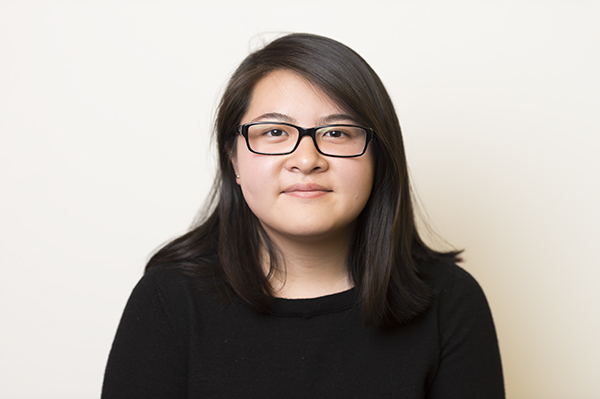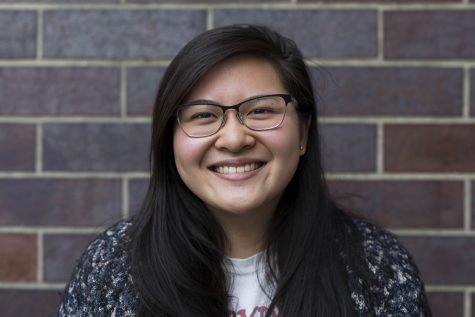Countering the Stranglehold of Boredom in Diversity Talks

March 1, 2016
Over the course of February, the NYU Gallatin School of Individualized Study has been offering a series of performances, lectures, film screenings and art showcases dedicated to Black History Month. The series of events, collectively titled “Dismantling the Master’s House,” brought together Gallatin’s interdisciplinary philosophy with historical background and contemporary discussions of the racial dynamic of the United States. Events were open to all members of the NYU community as well as members of the public.
Gallatin’s Black History Month series is a great example of how to curate a conversation about race and cultural experience that can sometimes be difficult to discuss earnestly. The series was able to highlight the wide range of success of the black community, and gave students access to black perspectives in a global context. Blending comedy, academic discourse and art allows for a new way of both presenting and appreciating the rich history of the black community as well as helping to pave a better path forward.
Most importantly, the series largely succeeded in trying to make this kind of subject matter accessible to a wide range of people, not just those who are personally or academically invested in black history or to those who are making an effort to be socially conscious.
Accessibility of discourse is especially important now, considering the heated cultural climate that we are currently navigating in the United States. NYU has been doing a fairly good job at providing opportunities for students to engage in an open, honest exchange of ideas about the role race plays in our everyday interactions. The diversity forum hosted by the university in November, as well as the new initiatives announced by the outgoing Sexton administration to increase inclusion of students of color, are a testament to NYU’s commitment to the free flow of dialogue. However, the methods used to guide policies may not be the most conducive to mass participation — some might the town hall-style forum intimidating, while others might find academic discussions to be too plain and underwhelming. “Dismantling the Master’s House,” by mixing mediums of entertainment and information, allows for a new approach to issues of race that is simultaneously more nuanced and more approachable.
The “Dismantling the Master’s House” events have created a great alternative to those methods of conversation. By looking at the black experience through a cultural lens, one that is appreciative and analytical rather than reactionary, Gallatin has fostered an attempt to redefine how we talk about race. Ideally, this style should be expanded to the university at large. The more visibility these discussions have, the more sincere conversations we as a student body as well as citizens are able to have. Rather than consigning diversity to stiff-necked, one-way lectures and forums, the university should endeavour to tap into its community’s creative energy and make the conversation around diversity more provocative, more thoughtful and more inviting.
Opinions expressed on the editorial pages are not necessarily those of WSN, and our publication of opinions is not an endorsement of them.
Email Emily Fong at [email protected].























































































































































